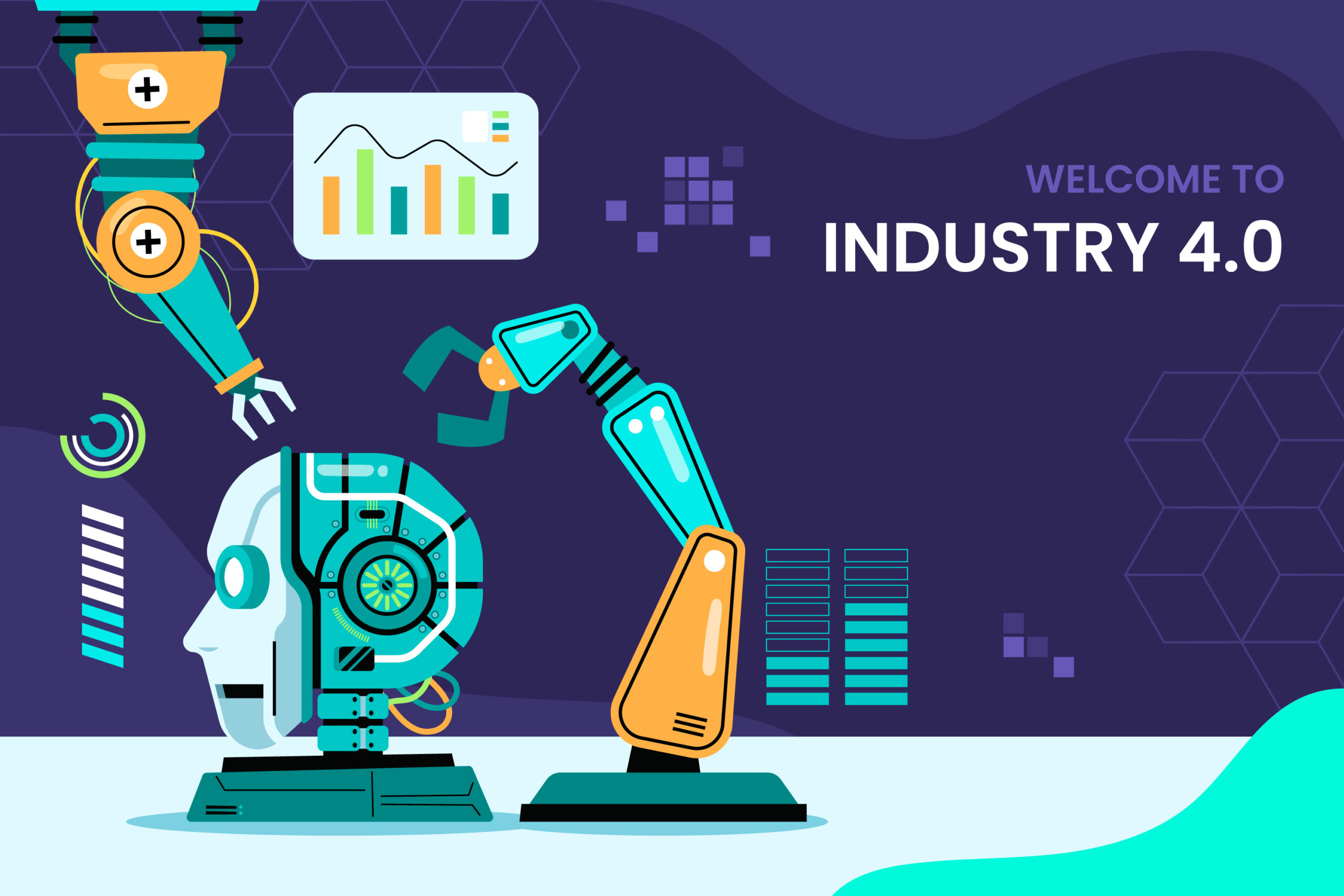The Future of Tech in Manufacturing
The manufacturing industry has always been a cornerstone of economic growth and innovation. As we move further into the digital age, technology is poised to revolutionize manufacturing in ways we could only dream of a few decades ago. From smart factories to AI-driven quality control, let’s explore how the future of tech in manufacturing is shaping up and what it means for businesses and consumers alike.
Smart Factories: The Heart of Industry 4.0
At the heart of the manufacturing revolution are smart factories. These factories leverage the Internet of Things (IoT), advanced sensors, and connected devices to create an ecosystem where machines communicate seamlessly with each other. This connectivity allows for real-time monitoring and optimization of production processes, leading to increased efficiency and reduced downtime.
Imagine a factory where machines can predict when they need maintenance and automatically schedule repairs before a breakdown occurs. This predictive maintenance reduces costly interruptions and extends the lifespan of equipment. Additionally, smart factories can adjust production schedules on the fly, responding to changes in demand and ensuring that resources are used optimally.
AI and Machine Learning: Enhancing Precision and Quality
Artificial Intelligence (AI) and Machine Learning (ML) are game-changers in manufacturing. These technologies analyze vast amounts of data to identify patterns and make predictions, enhancing precision and quality control. AI-powered systems can detect defects in products faster and more accurately than human inspectors, ensuring that only top-quality products reach consumers.
Moreover, AI can optimize supply chain management by predicting demand and adjusting inventory levels accordingly. This reduces waste, cuts costs, and ensures that products are available when and where they’re needed. The result is a more responsive and efficient manufacturing process that can adapt to market fluctuations with ease.
Additive Manufacturing: Customization at Scale
Additive manufacturing, commonly known as 3D printing, is transforming how products are designed and produced. This technology allows for the creation of complex and customized components with precision and speed. From prototyping to full-scale production, 3D printing offers unprecedented flexibility and reduces the time it takes to bring new products to market.
Manufacturers can now produce parts on-demand, minimizing the need for large inventories and reducing storage costs. This capability is particularly valuable for industries that require highly specialized components, such as aerospace and healthcare. Customization at scale is becoming a reality, allowing businesses to meet specific customer needs without compromising efficiency.
Robotics and Automation: Boosting Productivity
Robots have been a part of manufacturing for decades, but advancements in robotics and automation are taking productivity to new heights. Collaborative robots, or cobots, work alongside human workers, handling repetitive or dangerous tasks. This collaboration not only improves safety but also allows human workers to focus on more complex and creative aspects of production.
Automation is also streamlining processes like packaging, assembly, and material handling. By automating these tasks, manufacturers can increase production speeds and maintain consistent quality. The integration of robotics and automation into manufacturing processes is essential for staying competitive in a rapidly evolving market.
Sustainability and Green Manufacturing
As environmental concerns grow, the manufacturing industry is under pressure to adopt sustainable practices. Technology plays a crucial role in achieving green manufacturing goals. Energy-efficient machinery, renewable energy sources, and waste reduction technologies are helping manufacturers minimize their environmental footprint.
IoT and AI can optimize energy consumption by monitoring and adjusting the use of resources in real-time. Additionally, sustainable materials and recycling technologies are becoming more prevalent, allowing manufacturers to create eco-friendly products and reduce waste. The future of manufacturing is not only high-tech but also environmentally responsible.
The Human Element: Skills for the Future
While technology is transforming manufacturing, the human element remains vital. The workforce of the future needs to be equipped with new skills to operate and maintain advanced technologies. Upskilling and reskilling programs are essential to prepare workers for the tech-driven manufacturing landscape.
Manufacturers must invest in training and development to ensure that their employees can thrive in this new environment. Collaboration between industry, educational institutions, and governments is crucial to create a pipeline of skilled workers who can drive innovation and maintain the competitiveness of the manufacturing sector.
Embracing the Future
The future of tech in manufacturing is exciting and full of possibilities. Smart factories, AI, additive manufacturing, robotics, and sustainable practices are revolutionizing the industry, making it more efficient, responsive, and environmentally friendly. By embracing these technologies and investing in the workforce, manufacturers can unlock new levels of productivity and innovation.
In conclusion, the manufacturing industry is on the cusp of a technological revolution. The integration of advanced technologies is reshaping how products are made, improving quality, and reducing environmental impact. As we look to the future, the synergy between technology and human ingenuity will drive the next wave of manufacturing excellence. The future is bright, and the possibilities are endless.






